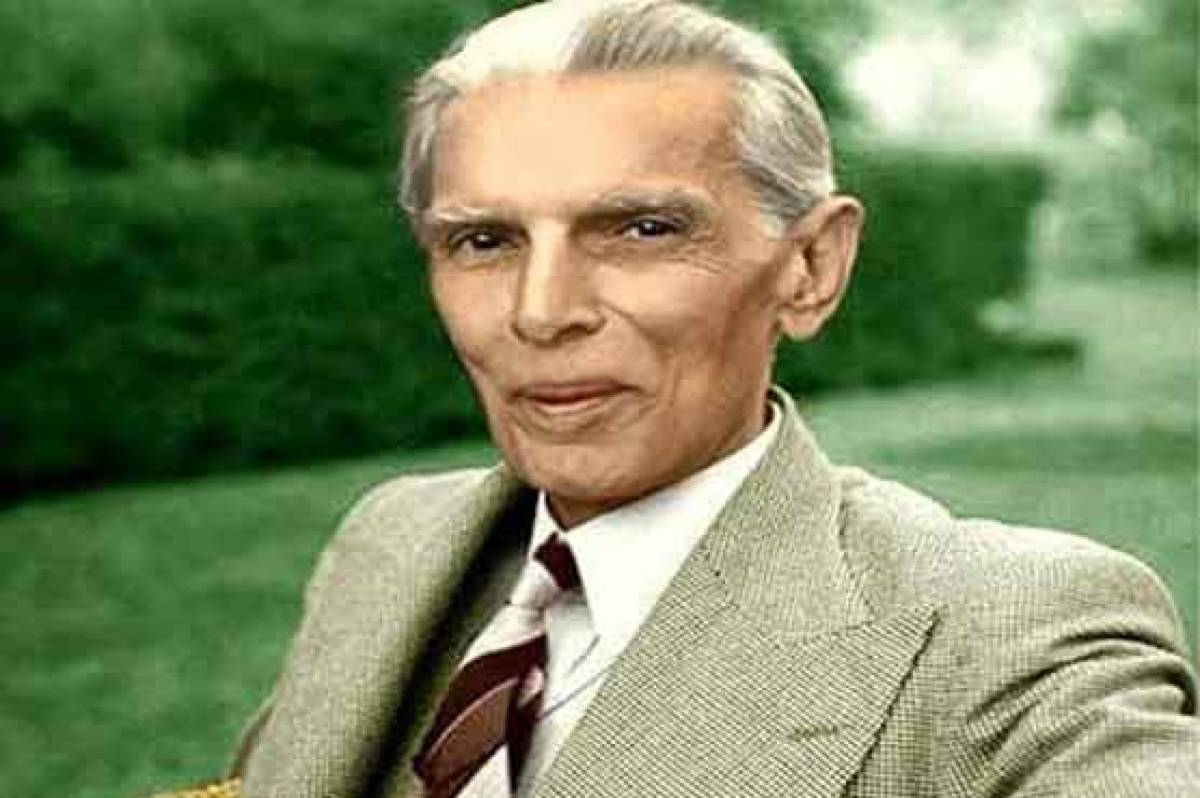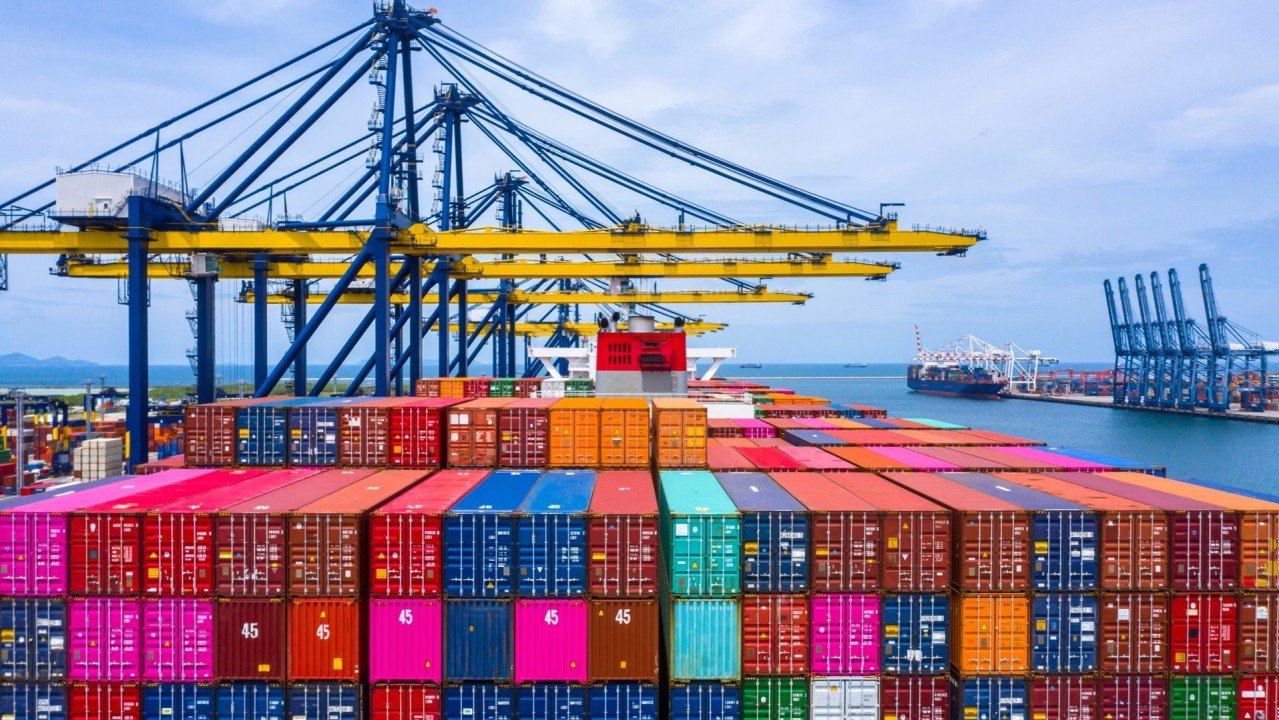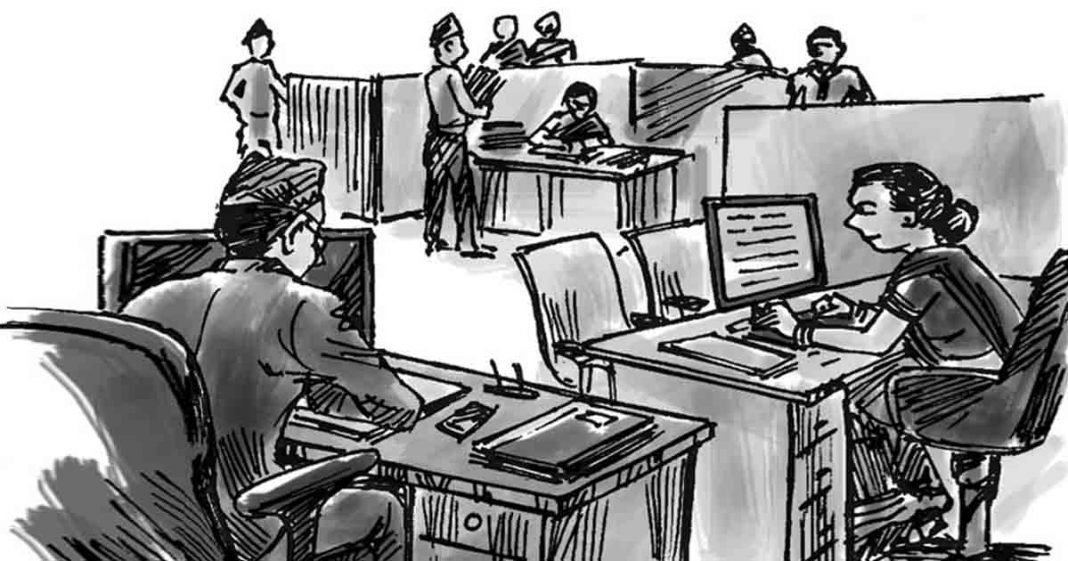Bilawal Kamran
In a decisive and far-reaching judgment, Pakistan’s Constitutional Bench (CB) overturned an earlier Supreme Court ruling and changed the course of parliamentary representation in the country. The new decision has denied the Pakistan Tehreek-e-Insaf (PTI) access to 77 reserved seats in the national and provincial assemblies. These seats—meant for women and non-Muslims—will now be distributed among rival political parties, significantly shifting the legislative balance in favour of the ruling coalition. The decision not only has political consequences but raises critical questions about the role of judicial discretion in shaping democratic representation.
The significance of this verdict lies in how it alters the representation of millions of voters. The PTI, despite securing widespread public support in the general elections, now finds itself practically absent from the arena of reserved seats. These seats, designed to ensure inclusivity in Pakistan’s legislatures, are now being reallocated based on legal interpretations of party affiliation rather than electoral performance. The result is that the voters who supported PTI-affiliated candidates are effectively left without proportional representation in parliament, undermining the spirit of participatory democracy.
This judicial reversal restores an earlier verdict from the Peshawar High Court, which had ruled that the Sunni Ittehad Council (SIC)—a party joined by PTI-backed independents after the February 8 elections—was not entitled to claim reserved seats. The Supreme Court had, in a July 2024 ruling, initially allowed these seats to be allotted to PTI through its affiliation with the SIC. Now, the CB has ruled by a 7-judge majority to reject this arrangement. The revised judgment dismisses the appeals filed by SIC and upholds the legal position that only parties formally contesting elections with a registered identity can claim reserved seats.
Please, subscribe to the YouTube channel of republicpolicy.com for quality content.
The implications are stark. With the reallocation of reserved seats, the ruling coalition led by PML-N and PPP now crosses the two-thirds majority threshold in the National Assembly. This supermajority enables them to amend the constitution and pass major legislative reforms with little resistance. While such a majority promises policy continuity and governance stability, it also risks creating a dominant-party system without a meaningful opposition, which is vital in a healthy democracy.
This legal saga also exposes deep divisions within the judiciary. Several judges who had previously supported PTI’s claim to reserved seats revised their positions in the review. Meanwhile, Justice Jamal Khan Mandokhail partially dissented, reiterating that PTI should be awarded at least 39 reserved seats. Justice Salahuddin Panhwar’s recusal from the case, citing objections raised by senior counsel Hamid Khan, further illustrated the internal pressures and contested legitimacy surrounding the bench. These dynamics hint at broader issues of judicial independence and consistency that continue to plague Pakistan’s legal landscape.
The debate around this verdict cannot be separated from the question of representation. Elections are not simply a process of winning seats—they are a mechanism to convert popular will into institutional power. By excluding PTI from the allocation of reserved seats, the judiciary may have upheld the letter of the law but arguably weakened its democratic spirit. Voters who supported PTI are left politically marginalized, despite having exercised their constitutional rights. This disconnect between voter intent and institutional representation raises urgent questions about how electoral systems should evolve to reflect political realities more accurately.
This judgment also highlights the inadequacies in Pakistan’s electoral laws. When PTI candidates were forced to run as independents due to technical or political constraints, their post-election alignment with SIC was a logical step to claim collective representation. Yet the legal framework did not anticipate or accommodate such a scenario. This reveals the need for electoral reforms that recognize the practical challenges of party identity in volatile political environments and ensure that voter intent is not invalidated by bureaucratic technicalities.
Moreover, the reserved seats system itself is now under greater scrutiny. Originally created to give marginalized communities a voice in decision-making, these seats have increasingly become instruments of political maneuvering. The current redistribution appears to serve the interests of established parties rather than those of the underrepresented groups for whom these seats were designed. If representation becomes a tool of elite bargaining, the trust of women, minorities, and ordinary voters in the system will erode further.
This ruling also has consequences beyond parliamentary numbers. By pushing PTI to the margins, the judgment may deepen political polarization in the country. A substantial segment of the population will feel their electoral voice has been neutralized not through political defeat but through legal interpretation. Such disillusionment can breed apathy or even unrest, neither of which bodes well for Pakistan’s fragile democratic setup.
Ultimately, the judgment presents a paradox: while it reinforces procedural legality, it dilutes political inclusion. Courts are not meant to redesign electoral outcomes; their role is to safeguard democratic processes. When judicial reasoning begins to overpower voter intention, it signals an imbalance that must be corrected. Representation is not just a constitutional term—it is the foundation of public trust in governance. When that trust is compromised, the legitimacy of the entire system is at stake.
In the aftermath of this decision, it is imperative for Pakistan’s institutions—judicial, legislative, and electoral—to re-examine the mechanisms of representation. Laws must be refined to reflect the will of the people more faithfully. Reserved seats should return to their original purpose: ensuring inclusion, not enabling political domination. Above all, democratic systems must be built around the citizen—not circumvented by technicalities. The people’s voice, however fragmented or inconvenient, must be heard, because democracy without representation is democracy in name only.















